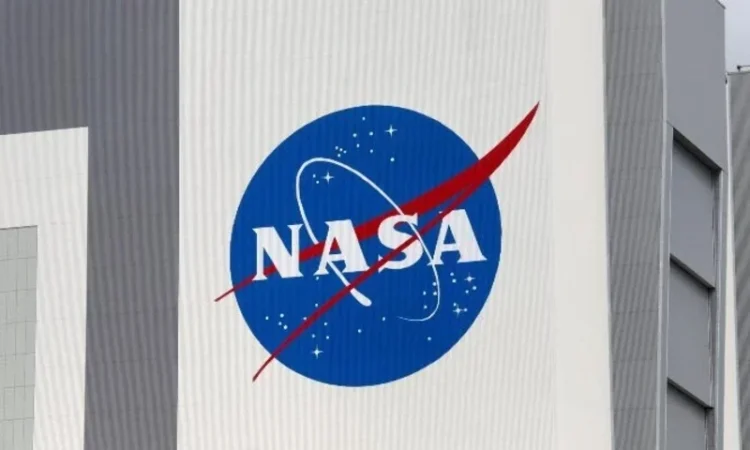In a significant reshuffling at one of America’s most iconic agencies, the National Aeronautics and Space Administration (NASA) is set to lose approximately 20% of its workforce, a spokesperson confirmed on Friday.
This development comes amid ongoing budgetary pressures and political uncertainty surrounding the leadership of the agency.
According to the statement, around 3,870 employees are expected to exit NASA in the near term, though the final number could fluctuate as decisions are finalized. The agency’s total workforce will reduce to roughly 14,000 personnel, marking a substantial decrease from its previous strength of 18,000.
Earlier this month, Politico reported that internal documents suggest a notable wave of resignations and retirements, particularly affecting senior-ranking employees. Approximately 2,145 staff members from the GS-13 to GS-15 pay grades — representing mid- to senior-level government officials — are among those slated to leave. NASA has offered various incentives, including early retirement packages, buyouts, and deferred resignation plans, to facilitate the reduction.
“Nasa remains committed to our mission as we work within a more prioritised budget,” said Bethany Stevens, a NASA spokesperson, in an email to Reuters.
She emphasized that despite staffing challenges, the agency is focused on maintaining its scientific and exploratory objectives.
The downsizing comes amid growing uncertainty within the U.S. space sector. Under former President Donald Trump’s administration, NASA faced proposed budget cuts and program cancellations, particularly in the realm of science and climate-related missions. These fiscal constraints, coupled with political delays in top-level appointments, have created a turbulent environment for the space agency.
Compounding the challenges is the absence of a confirmed NASA administrator. The Biden administration had been expected to move forward with a new appointment, but Reuters reports that Jared Isaacman — a billionaire private astronaut and known ally of Elon Musk — was recently withdrawn from consideration by the White House. The abrupt reversal is seen by some analysts as part of the broader rift between Musk and the administration, further destabilizing NASA’s leadership trajectory.
While the agency faces this dramatic internal transition, it remains on the frontline of several critical missions — from the Artemis program aimed at returning humans to the Moon, to partnerships with SpaceX and other private companies in deep space exploration.
Observers warn that the loss of experienced staff may slow or jeopardize long-term scientific goals, even as NASA emphasizes resilience and restructuring.






































